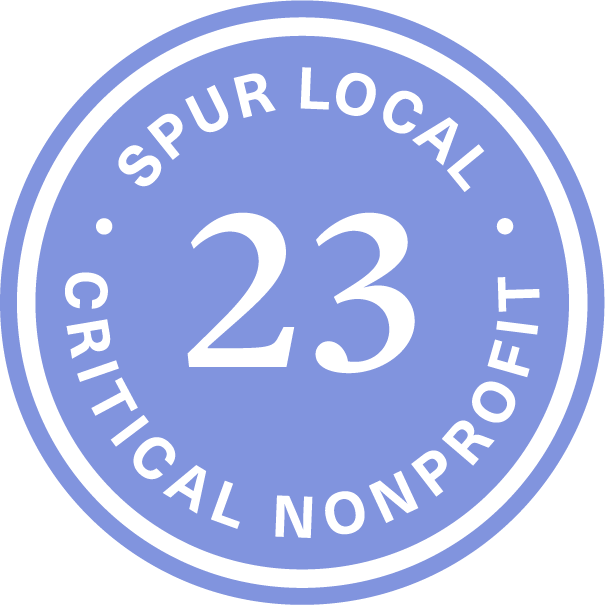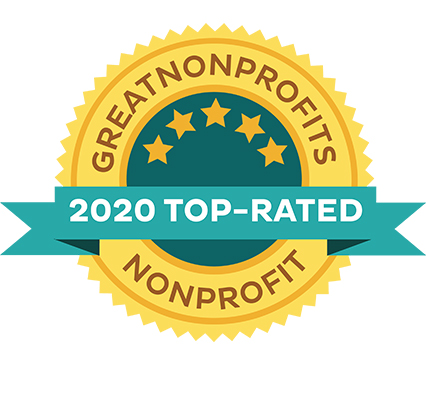This week, DASH staff presented three workshops at the National Alliance to End Homelessness Conference, exposing homeless advocates from across the country to DASH’s unique approach to safe housing for survivors. The conference, which featured over seventy workshops for the thousands of attendees, provided an excellent opportunity for DASH staff to gain valuable insight from many of the nation’s leading experts on homelessness, as well as to impart their own wisdom. Moreover, due to DASH’s status as a nationally-recognized best practice model organization, they were able to emphasize the intersection of domestic violence and homelessness to conference attendees, using their expertise to educate many homeless advocates with little knowledge on how to work with domestic violence survivors.
Prior to the conference’s official start on Tuesday, DASH’s Community Housing Program Director Shakeita Boyd presented a section on safety planning in the “Improving Safety and Services for Survivors of Domestic Violence” workshop. DASH offered guidance to housing providers on how to support survivors in their program to plan for safety. As survivors move through the homeless system, it is imperative that homeless organizations are aware of the dynamics of domestic violence and are able to address emotional and physical safety concerns and assist survivors using a trauma informed lens. This pre-conference session offered homeless service providers an innovative approach to effectively address the needs of survivors in their housing programs. Other highlights of this session included; best practices for case management and developing successful organizational partnerships to benefit survivors.
Later in the week, Shakeita also presented “Selling Your Program: Landlord Engagement and Rental Assistance Strategies.” This session focused on the importance of developing strong landlord relationships in order to foster rapid rehousing. Shakeita discussed successful elements of DASH’s Empowerment Program, which is a national model for providing scattered site, apartment-based long-term housing for survivors. Attendees learned about developing successful marketing tools such as short-term rental subsidies to encourage landlord cooperation and engagement.
Finally, on Wednesday, Housing Resource and Training Manager LaToya Young presented “Public Housing Authorities: Partnering to End Homelessness,” a discussion on the relationship between community housing assistance programs and public housing authorities (PHAs). The session emphasized strategies that many PHAs and community programs have used to develop partnerships to assist homeless families. LaToya discussed how she partners with the DC Public Housing Authority (DCHA) to address the unique housing barriers survivors face, including facilitating safety transfers and training DCHA staff on housing protections afforded to survivors.
Even when domestic violence was not the primary focus of the workshops they presented in, Shakeita and LaToya were able to educate attendees on various ways housing, homelessness and domestic violence intersect. DASH is grateful for this opportunity to share our message to so many homeless advocates and to create new partnerships to ensure that safe housing is a reality for everyone.







